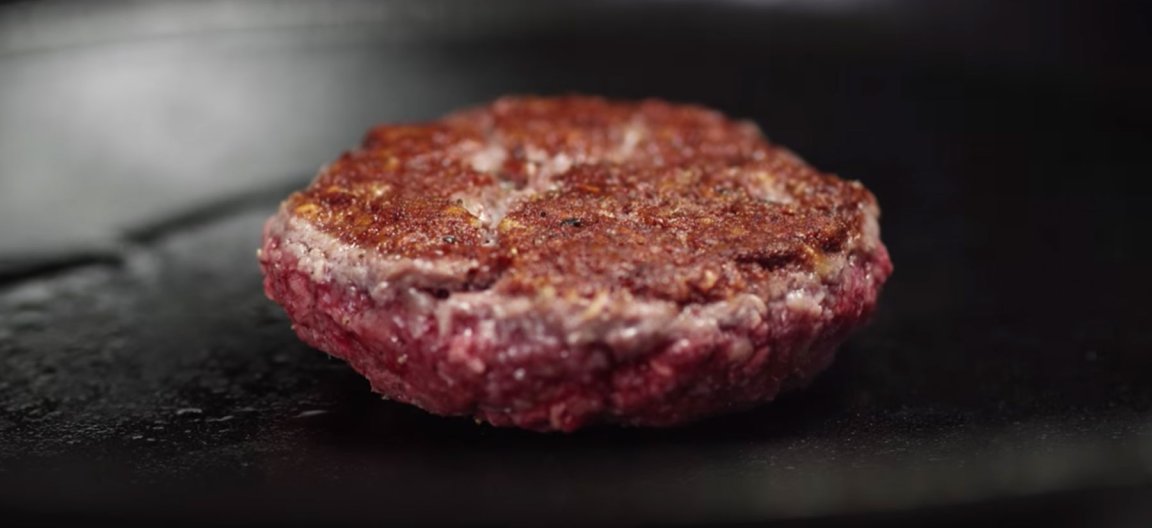
Meal of Approval
Impossible Foods’ meatless burger uses an ingredient sourced from a genetically engineered yeast to mimic the taste and texture of beef, and the end result has proven very popular among diners at high-end restaurants. However, the Food and Drug Administration remains reticent to issue its approval.
To clarify, soy leghemoglobin is a substance that occurs naturally in the roots of soybean plants. Impossible Foods produces the ingredient in its laboratory, and the company has been actively pursuing confirmation from the FDA that it’s safe for humans to eat.
A document released under the Freedom of the Information Act sheds light on correspondence between the FDA and Impossible Foods. The administration expresses concerns that there’s no precedent for humans ingesting the substance, while the company argues that it’s safe because it’s structurally and functionally equivalent to “other widely consumed globin proteins.”
Impossible Foods can sell its burger whether or not it receives approval from the FDA. However, if the company wants its product to appeal to regular consumers as well as the more adventurous tastes of haute cuisine chefs, getting the go-ahead from the agency would be a big advantage. Plans to resubmit the petition are already in motion.
The FDA feels that Impossible Foods hasn’t yet done enough to find out about soy leghemoglobin’s potential to act as an allergen. For its part, the company has apparently fed the ingredient to rats in larger amounts than are included in its burger, and observed no negative effects on the animals.
Point of Contention
In 1958, Congress enacted a Food Additives Amendment that allowed companies to bypass FDA approval if a substance was deemed to be “generally recognized as safe” by experts. This allows Impossible Foods to self-adjudicate, hiring its own consultants without being obliged to appraise the federal agency of the results. A study published in 2013 suggested that around 10 percent of the ingredients used in food are unknown to the FDA as a result of self-adjudication.
However, several parties contest Impossible Foods’ invocation of the Food Additives Amendment. “The exemption was meant to cover ingredients that had long been used in the food supply, so that companies didn’t have to come in every time they made a new product,” said Tom Neltner, chemicals policy director at the Environmental Defense Fund, a plaintiff engaged in lawsuit over the matter, in an interview with The New York Times.
While there are some serious concerns about Impossible Burger’s candor regarding its bypass of the FDA, the burger itself is made entirely from plant-based ingredients, including wheat, coconut oils, and potatoes. It’s suitable for vegans, completely free from hormones, antibiotics, and artificial ingredients, and apparently it tastes great — this means that it ostensibly fits the bill for a sustainable, wholesome alternative to old-fashioned livestock, avoids the potentially devastating development of antibiotic-resistant diseases like MRSA, and could provide impetus for increased investment in domestic agriculture. Yet, since the ingredient still needs some testing, it will take some time to determine just how viable it truly is.